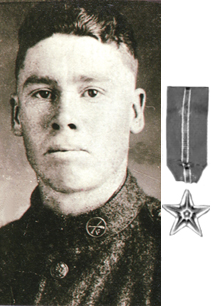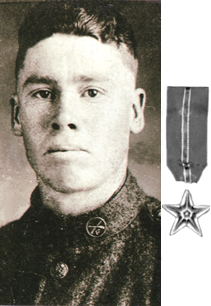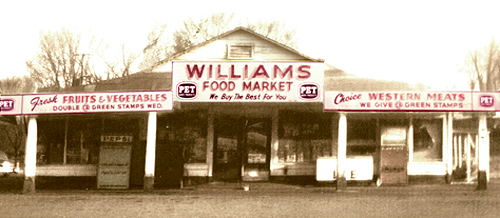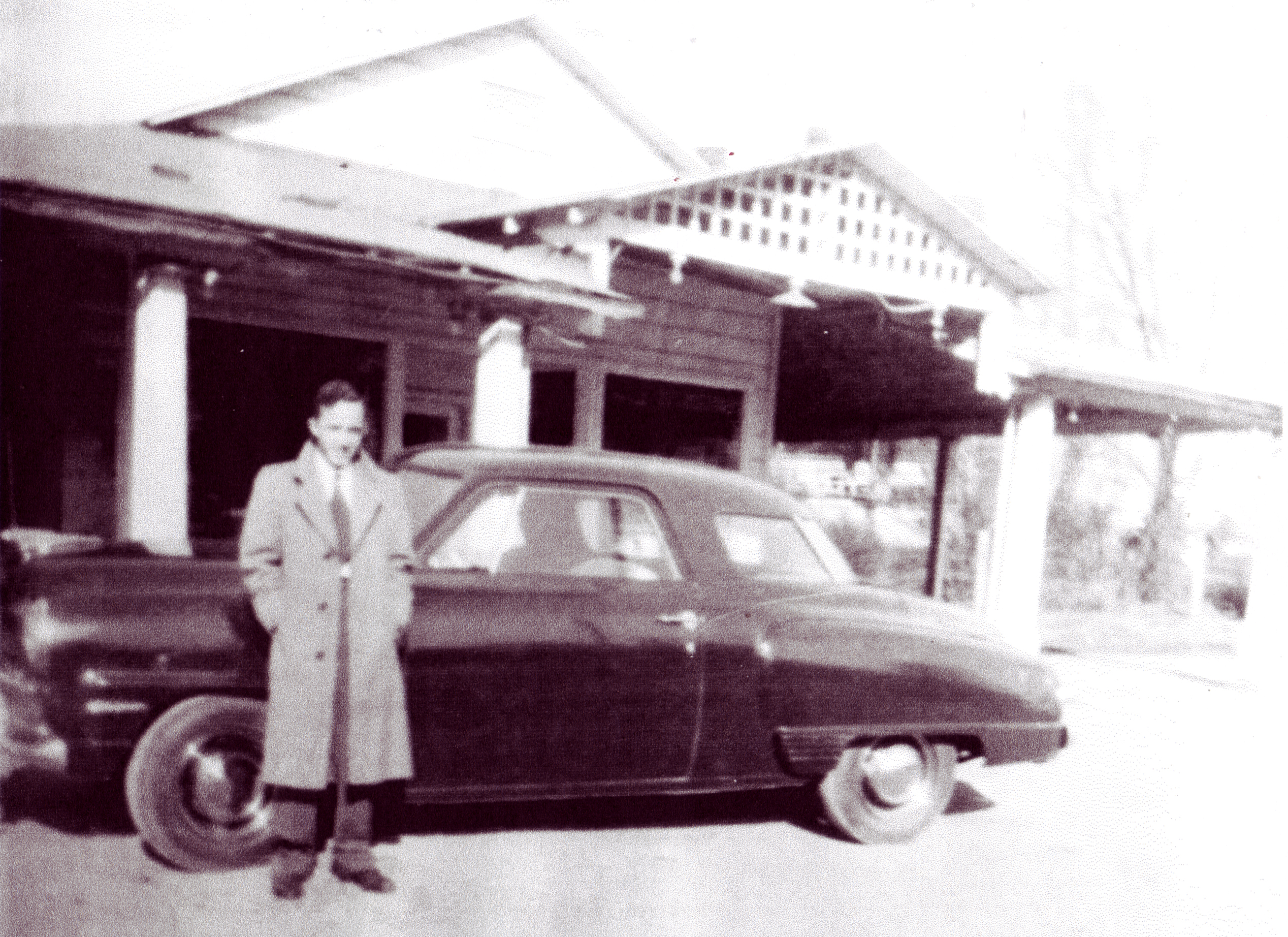Chad Baxter sent me a poem written in Germany in 1918 during WWI by his grandfather, James Preston Baxter, to his future wife, Olivia Dykes. A company clerk typed the elegy on a roll of thick toilet tissue.
While in France during the battle of Hindenburg Line, James, a messenger with the 117th Infantry, needed to get a communication to another allied forces sector.
“Grandfather did not smoke or chew,” said Chad, “but a fellow soldier, Bill Martin, gave him a plug to help ease the stress of war. As Grandfather attempted to make his way through enemy lines, he spotted a patrol heading his way. He lay down in the mud near a creek and dropped the plug of tobacco into the water. ‘They might get me, but not Billy’s plug,’ he thought. “Several in the patrol kicked him as they went by thinking he was dead. Afterwards, he worked his way through the line under fire and delivered the message.”

The 19-verse poem that Baxter wrote, “The Girl I Left Behind,” expressed the feelings of a 24-year-old homesick soldier in war-torn Germany for his favorite girl back home:
“Dear when I’m far away, From you somewhere in France, I ask you to always think of me, And pray that I have a chance.
“To leave you dear was hard, The hardest thing of all, But I am no slacker, When I hear my country’s call.
“To be at home with you little girl, Is happiness that is true, But I cannot see the enemy, Down the red, white, and blue.
“I used to be with you often, Those beautiful happy days, But it makes me blue to think, That we are so far away.
“Some day in the near future, This great conflict will end, And the soldier boy who loves you, Will come back to you again.
“It is the duty of every girl, Who is left behind, To always remember the boy she loves, Who is on the firing line.
“He did not want to leave you, For he is gone to risk his life, He is a true American, And upholds the stars and stripes.
“The girls here are beautiful, Most everywhere you roam, But are nothing to compare, With the ones at home.
“When the boys go marching by, In step with some national hymn, It thrills my heart to know, That I am one of them.
“I told you when I kissed, Those lips of yours sweet, That I was going to leave you, And again we may never meet.
“Don’t give up my dear, If you love me you will wait, If we don’t meet on earth again, We will meet at the golden gate.
“Some girls are not patient, Who will not wait so long, Will go and love a slacker, When their soldier boy has gone.
“When he goes to fight the battle, For his country and for you, His thoughts are always resting, On the one he thinks is true.
“When he returns in years, And finds you false, His whole life will be ruined, And his happiness lost.
“Don’t bear this strain little girl, Make your love be true, Greet the boy in khaki, When he comes back to you.
“Throw your arms about his neck, Let him kiss your sweet little lips, Then he will joyfully tell you, All about his wonderful trip.
“Do not respect a slacker, They deserve not even a chance, The boys who you should honor, Are the boys who go to France.
“I will close this letter hoping, You will be mine some day, As I bid you good-bye for this hour, And good-bye for the day.
“If it’s good-bye for a month, He loves you true as ever, Good-bye for a year, And good-bye perhaps forever.”
After receiving a Bronze Star in early 1921, James married Olivia in October in Fall Branch and eventually raised seven children.



